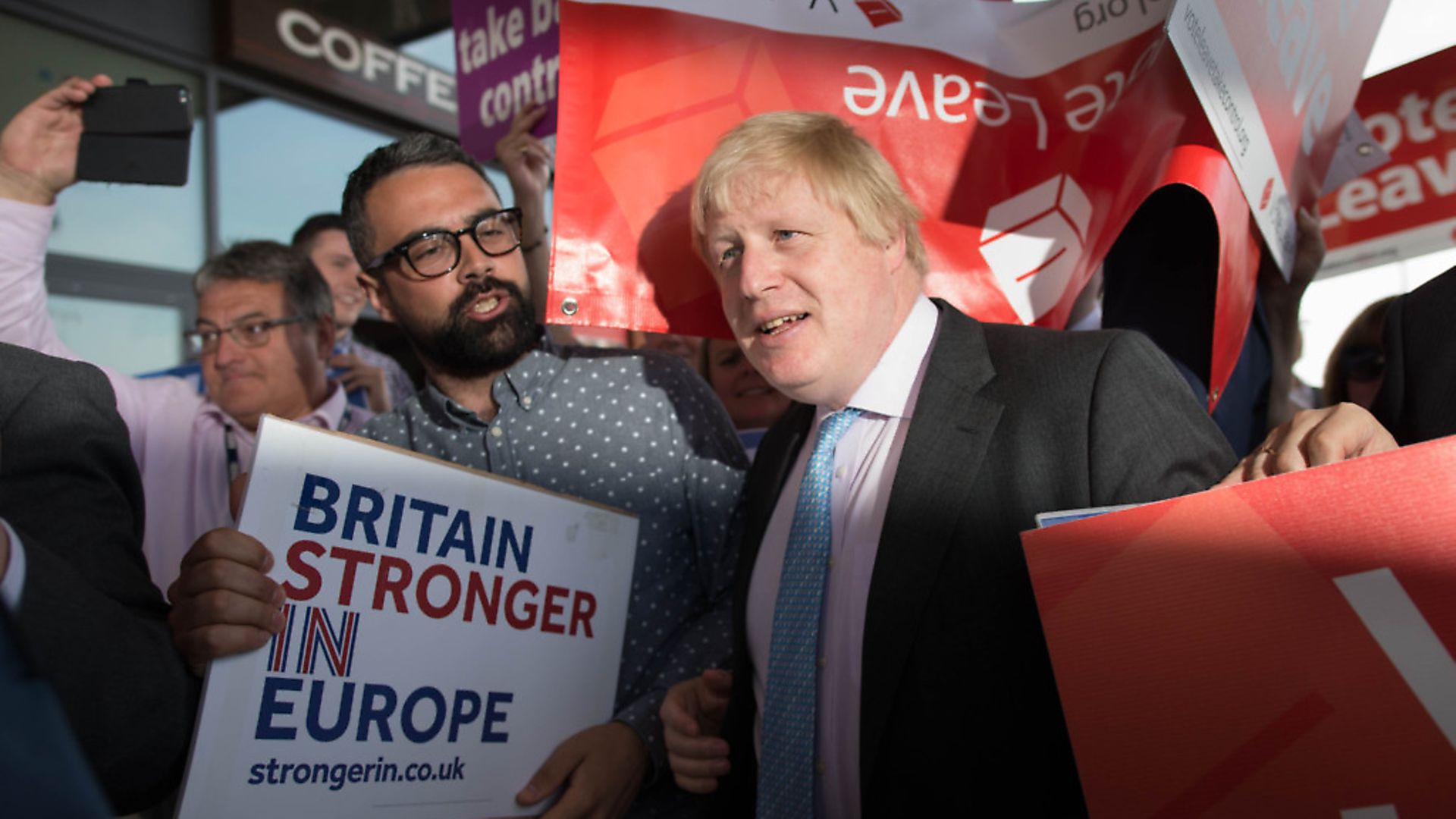
A new poll has shown that a majority of young Leave voters strongly support maintaining or increasing EU regulations.
The survey, commissioned by research body Unchecked UK and conducted by Ipsos MORI, found that at least 70% of Leave voters aged between 18 and 44 wanted to keep or increase EU regulations and standards. Less than 5% wanted to see them abolished.
Approximately 66% of the 1,099 respondents who took part in the poll in March think EU rules across all eleven categories presented in the report – from water regulation to manufacturing – should stay while 78% said regulations were essential for facilitating fair behaviour among people and businesses.
At least two thirds of young Leave voters who supported the Tories in last year’s election think some rules should remain while three quarters of Labour voters felt the same.
Unchecked UK believe the results show that young Brexit supporters did not vote to leave the EU because of regulatory issues, strengthening the argument against a no-deal Brexit.
In fact approximately 84% of youthful Tory voters want to see an increase or maintaining of EU regulations on food safety and cleanliness while 81% support or want to increase EU data laws in the UK.
The study also found that around half of participants described measures stopping companies from avoiding taxes as ‘very important’ to them.
Director Emma Rose described the findings as the first ever to bring ‘the views of younger Leave voters to the table’ arguing that their opinions should be considered during new trade negotiations.
‘As the UK deals with the economic fallout from Covid-19, and embarks on the negotiation of trade agreements with countries around the world, the question of whether the government will pursue social and economic deregulation is becoming increasingly critical,’ she said.
‘For the first time, this polling brings the views of younger Leave voters to the table. It suggests that – contrary to common assumptions – a significant majority are in favour of maintaining, increasing and strengthening existing standards.
‘These voters see strong rules not as an inconvenience to be removed where possible, but as a valued public good. Covid-19 is likely to have strengthened these sentiments, as people experience first-hand the benefits of strong protections.’
Warning: Illegal string offset 'link_id' in /mnt/storage/stage/www/wp-includes/bookmark.php on line 357
Notice: Trying to get property 'link_id' of non-object in /mnt/storage/stage/www/wp-includes/bookmark.php on line 37






